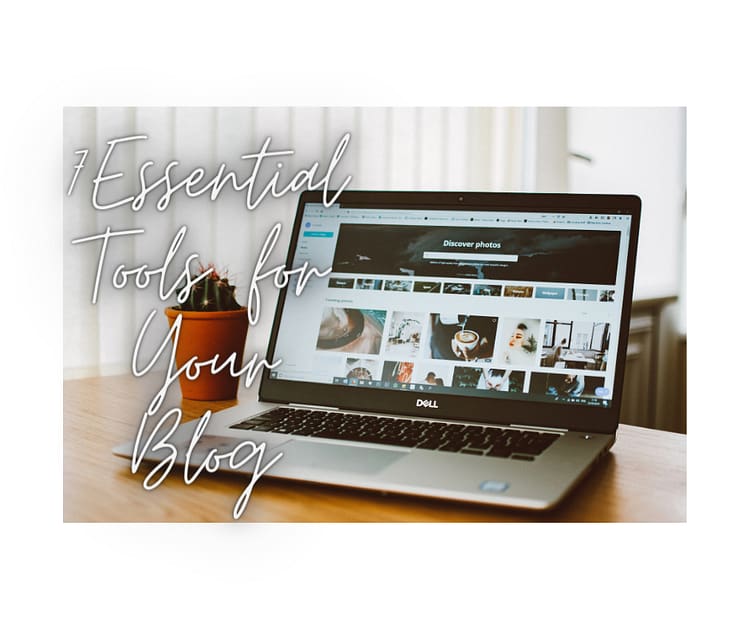As a blogger, you need to have your fingers in many creative pies. You need to have a flair for writing, a good eye for visuals, and a good grasp of the technical aspects of the art form. Aside from honing your writing skills, you should invest some time and effort into learning how to use some of the tools that will make your life easier. Here are seven essential blog tools for you.
Table of Contents
1. Grammarly
How’s your grammar? It may have been a few decades since you had to conjugate a verb or worry about an oxford comma. If you’re writing blog posts, grammar is essential. You don’t need to be a wizard with your grammar and punctuation though, you can just use Grammarly to help you hide the flaws in your writing.
In addition to fixing your writing, Grammarly also has a built-in plagiarism checker to help you make sure you’re not ripping anybody off.
2. Hemmingway
Hemmingway is a great tool for making sure your blog is readable. Simply copy and paste your text into Hemmingway.app and let it work its magic.
Hemmingway will let you know how easy your text is to read. It will also let you know whether you are writing in an active or a passive voice.
Once you’ve analyzed your writing, you can set to work editing your text.
3. Capitalize My Title
Do you know when you should capitalize a word in a title and when you shouldn’t? Don’t worry, you’re definitely not alone there. Fortunately, there is a simple tool that will help you out with your capitalization.
Capitalize My Title sorts your lower-case from your upper-case so you don’t get yourself tied in knots.
4. Frase
Research is something that should be central in everything you do when writing blog posts.
In order to create award-winning blog posts, you also need to forward-plan.
Frase is a great tool that helps you research and plan your blog posts. It uses clever AI to auto-populate your content brief with all of the research you need to make a successful blog post.
The tool knows what people are talking about with regard to your topic. It also helps you pinpoint which keywords you should be including in your content, and how often you should be using them to have maximum effect.
5. Yoast
Do you know SEO? SEO stands for search engine optimization. It’s all about getting your blog to rank higher in the organic search results pages.
Yoast is an excellent WordPress plugin that can help you with your SEO game. Use Yoast to let you know whether you’re using your keywords effectively, and to point out ways that you can improve your ranking.
Some of the things that Yoast might tell you to do might include using image alt tags, writing longer meta descriptions, or improving your internal and external links.
6. Ahrefs
Ahrefs is another great tool that helps you to find keywords for your blog. It’s not free, but you can access it for free for a two-week trial.
You could also use Moz.com or SEMRush as they do a similar thing.
7. Canva
Canva is a great free tool for creating professional-looking images that can be used on your blog or social media profile.
Find stock images and then add on your message of choice. You can change the fonts or the colors, you can even edit your images in seconds.
The image used for this blog post took less than two minutes to create using Canva.
What Blog Tools Do You Use?
What blog tools do you use? Let me know in the comments.
If you’ve enjoyed this article, do be sure to like and share it.

